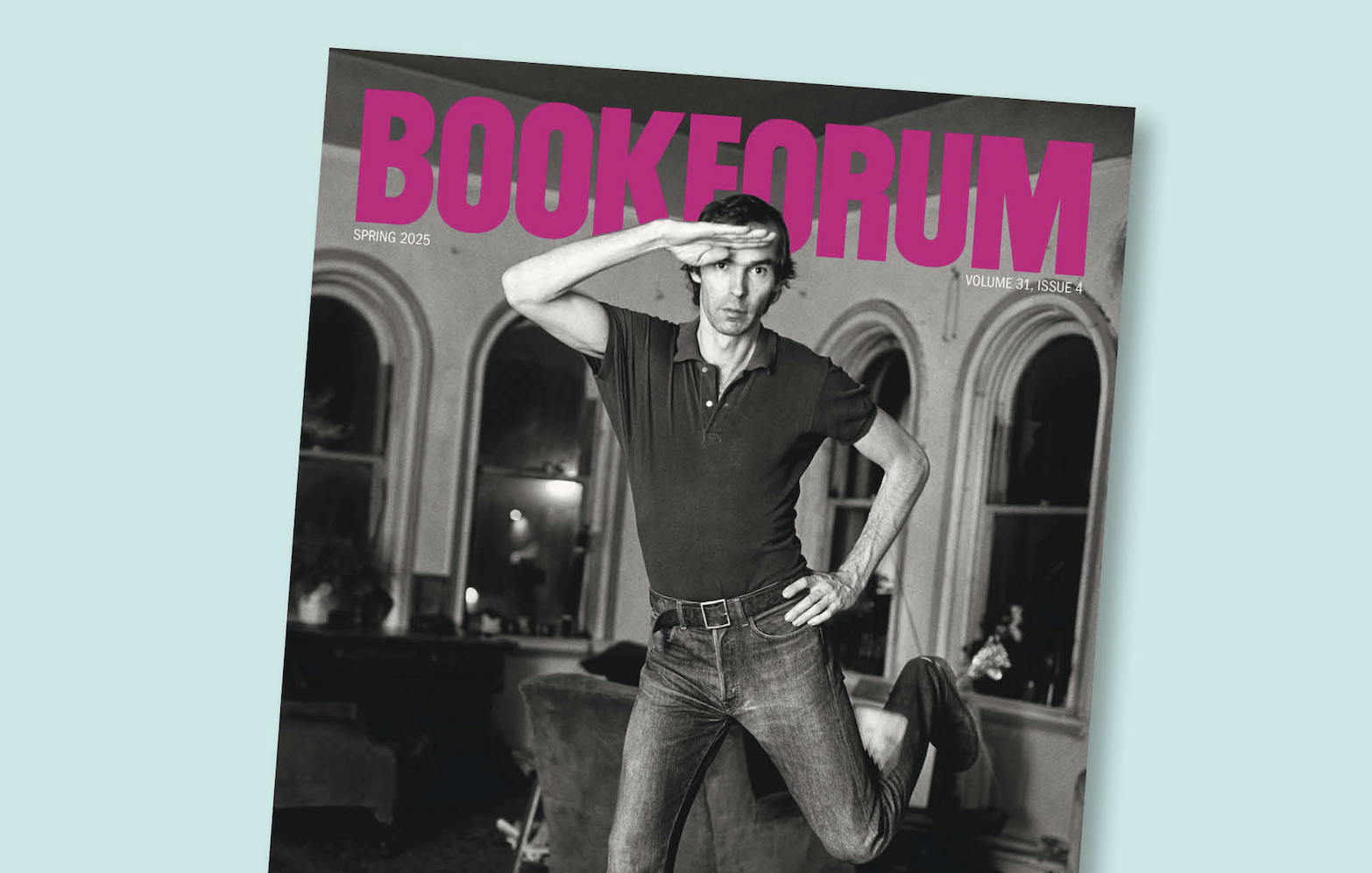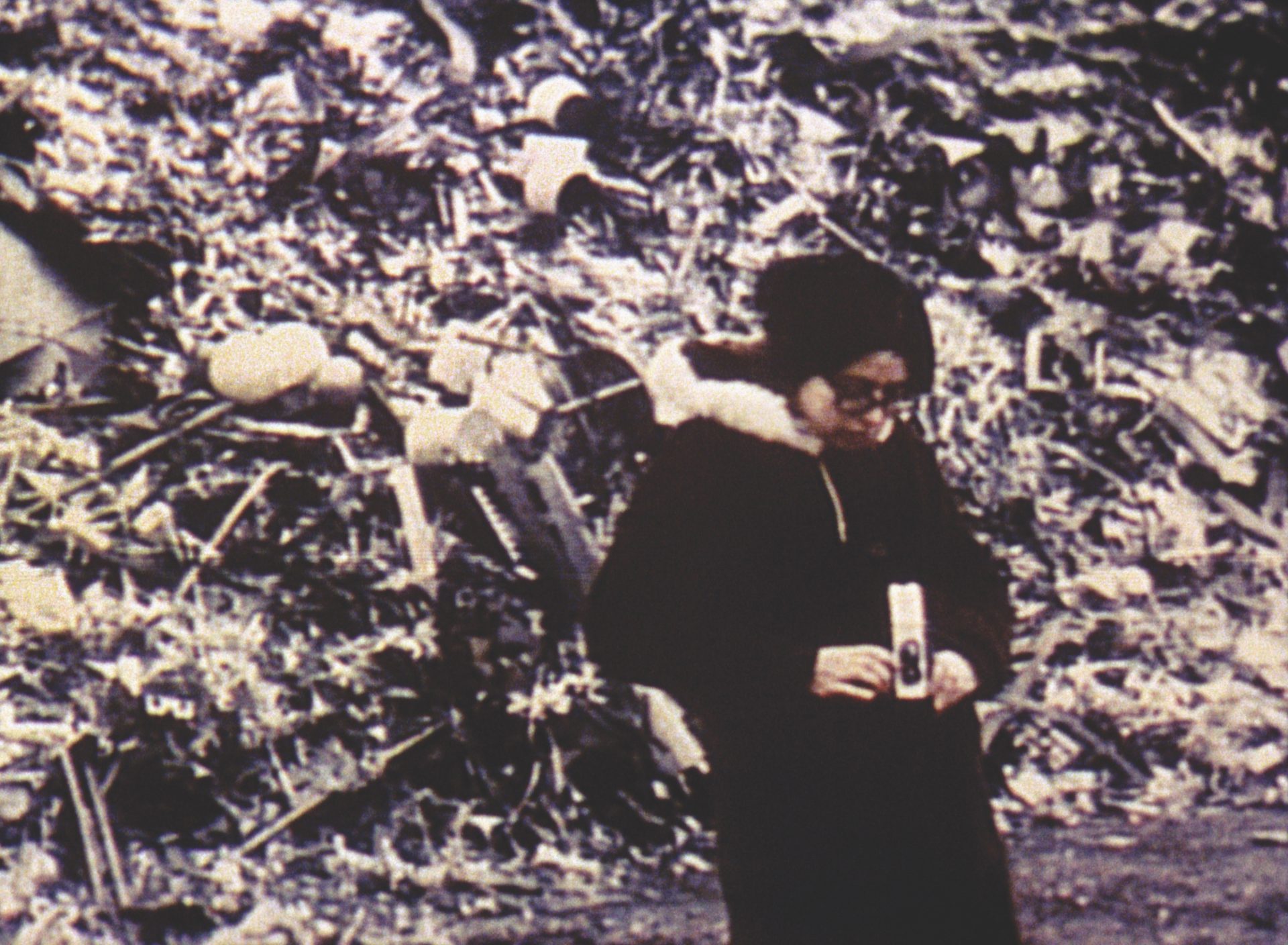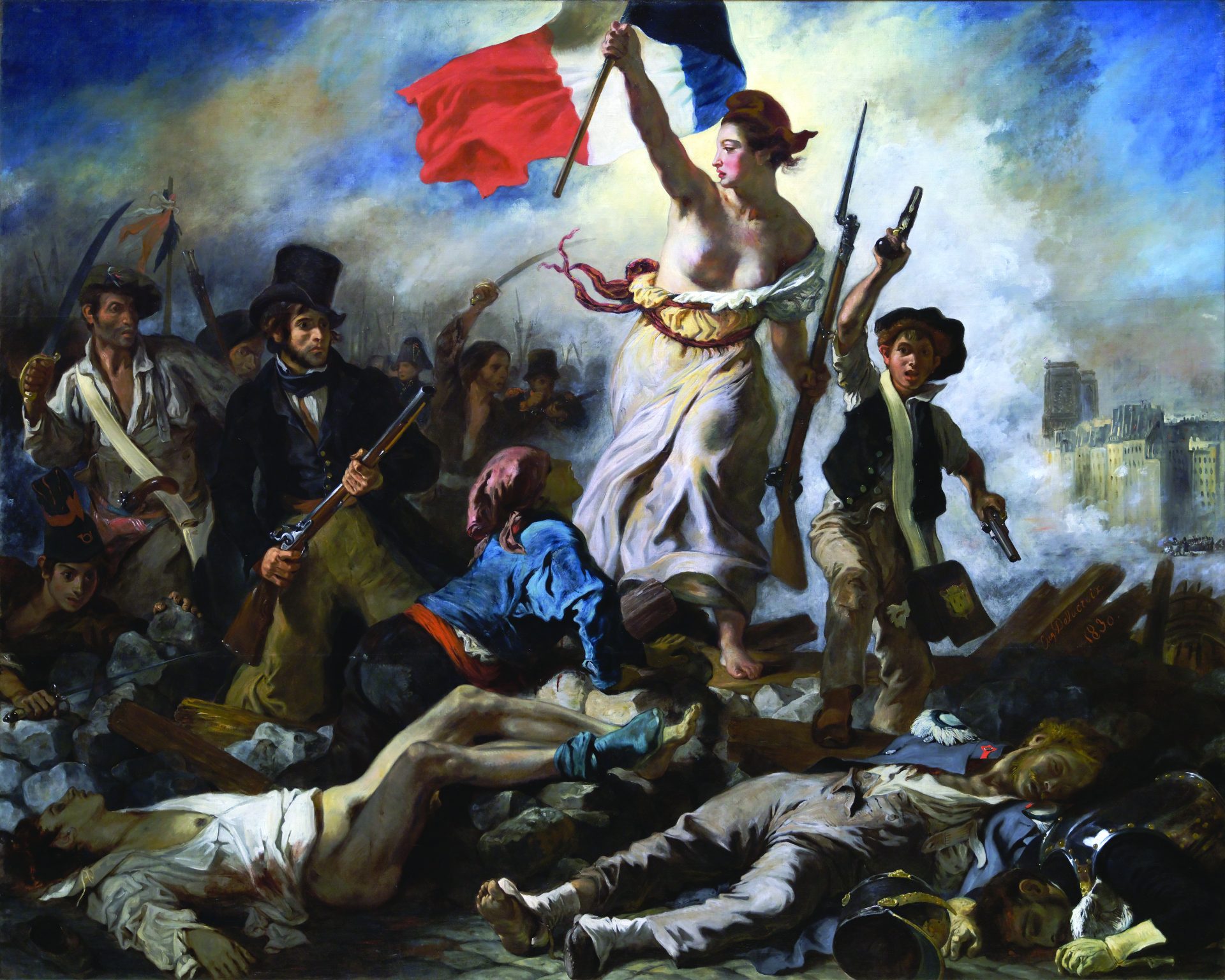America’s justice system has been broken for a while. You can trace the development of our current blight of mass imprisonment—we have by far the highest incarceration rate in the world—in a nearly unbroken lineage from President Richard Nixon’s 1971 declaration of a “war on drugs,” through the disproportionate penalties for crack versus powder cocaine possession in the 1980s, to Bill Clinton’s reelection friendly 1994 crime bill. For many Americans, most of them poor and from communities of color, what policy wonks call the carceral state is a daily fact of life. That the iniquities of the entire justice system, from arrest to prison or parole, have now become water-cooler conversation among the country’s less at-risk demographics, is thanks in large part to movements like Black Lives Matter.
Fixing the System, the latest episode in a joint project between HBO and VICE, is a documentary primarily composed of first-person interviews with felons and their families, as well as policy experts and politicians. However, the interstitial tissue holding it together is the history and hard numbers provided by a voiceover that runs throughout. The facts here won’t surprise anyone familiar with the American prison system, but the film is a distillation of something in the air now, and it provides a succinct, accessible synopsis of what might be the country’s most urgent moral quandary.
What Fixing the System does best is explain how we got here. It moves at a brisk pace through large national trends (such as the increasing rate of violent crime through the ’80s), specific local problems, and sensational news stories that helped fuel alarmist crime policies. Basketball player Len Bias’s fatal 1986 coke overdose, for instance, was a key PR exhibit in the campaign to introduce mandatory-minimum sentences for crack dealers.

As all this recent history flashes by, there’s a profound sense of degeneration: What emerges is a collage of major and minor systemic injustice, from mandatory-minimums to the abuse of plea-bargaining and conspiracy charges. One especially perverse story involves a prisoner from Philadelphia who sought to pay off state-assessed investigative and procedural fees that accrued during his imprisonment by selling drugs—the only way he could find to pay back the state of Pennsylvania for incarcerating him. Welcome to rehabilitation, war-on-drugs-style.
If the documentary offers up a hero (aside from the aggrieved victims of the carceral state itself), it’s President Obama. The first sitting president to visit a federal penitentiary, he engages in thoughtful conversation with a handful of nonviolent drug offenders and manages not to pander or condescend. But the makers of the film seem a little too honored to have him taking part, and handle him with something close to reverence. Obama, we’re told, is the first president to not try to “incarcerate” his way out of the drug problem, which is commendable—still, even the slightest hint of critical pushback might have helped avoid the appearance of hero worship. Obama’s focus on federal and state prisons over the problems (and the solutions being tried) in local jails, which affect far greater numbers of people, might have been a good place to start.
This is a film made to appeal to the widest audience possible: It’s not a radical document. Obama’s involvement ensures that Fixing the System has a mainstream liberal bent, tempering its critique of a racist system in which people are set up to fail with demands that inmates “take responsibility”—as if they could break the cycles of deindustrialization, drug abuse, and mass imprisonment plaguing their communities through sheer willpower. To pay lip service to the role of individual choice in the context of a vastly rigged system seems at best a distraction—sugar to help a predominantly white middle-class audience get the medicine down.
Any documentary about our country’s gulag levels of incarceration (no figure of speech there: We now jail more people than the Soviet gulag at the height of Stalin’s terror), and their destructive effect on entire communities, cannot help but move the viewer. And Fixing the System is emotionally engaging, despite the awkward onscreen presence of narrator and VICE CEO Shane Smith. It certainly couldn’t have been released at a more opportune time: Now that oppositional voices are gaining strength, there seems to be real hope of a turning tide.
But there’s still the question of just what that might entail. When asked point-blank if the criminal justice system in America is racist, Obama gives a nuanced response: “I think the criminal justice system interacts with broader patterns of society in a way that results in injustice and unfairness.” That may sound evasive, but its implication is that the wider society is the main determinant in how we administer justice. It could be read as an admission that the tired old liberal solutions Obama offers later in the documentary—chiefly investments in education and prison reform—wouldn’t actually do much to alter a criminal justice system rooted in and shaped by a fundamentally racist society. For that, we’d need something that’s beyond the scope of Fixing the System: real political change.
Scott Beauchamp is a veteran and writer who lives in Portland, Maine. His work has previously appeared in The Paris Review, The Atlantic, and Al Jazeera, among other places.





